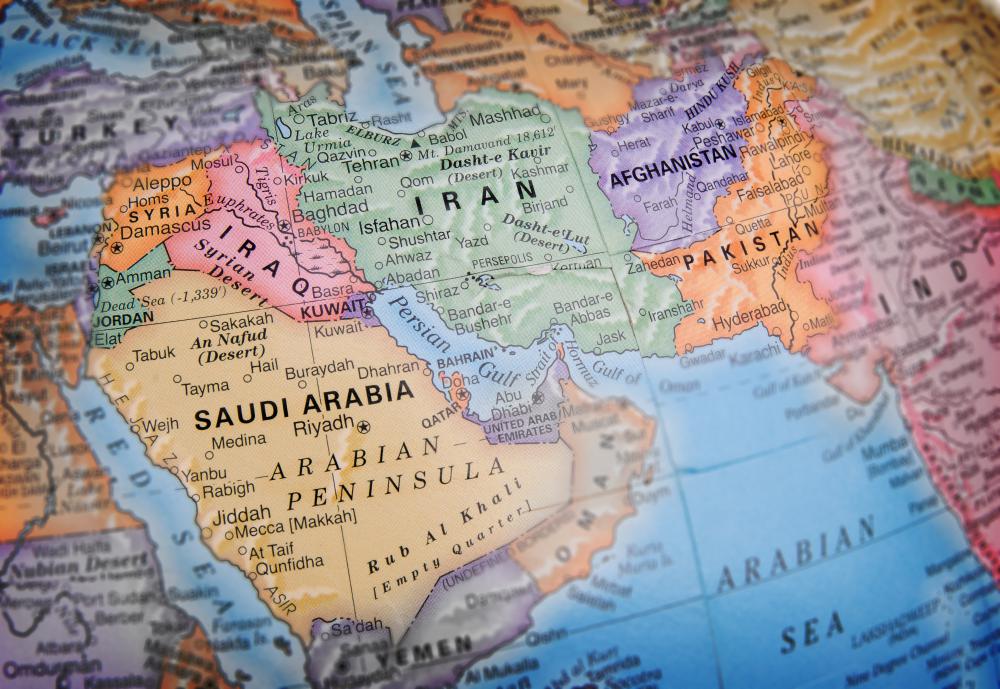At WiseGEEK, we're committed to delivering accurate, trustworthy information. Our expert-authored content is rigorously fact-checked and sourced from credible authorities. Discover how we uphold the highest standards in providing you with reliable knowledge.
What is Haggling?
Haggling is a negotiation between a shopkeeper and a customer which is designed to reach a mutually satisfactory price for an item. You could also consider haggling to be a form of bargaining, and it isn't limited to retail stores. Depending on where in the world you are, haggling may be commonplace or extremely unusual; for people who are unaccustomed to haggling, visiting regions of the world where haggling is expected can be very disorientating, and the same holds true for people who are used to haggling who visit regions where haggling is not acceptable.
During a haggling transaction, the customer identifies the item he or she wants and asks about the price. The shopkeeper quotes a price which is much higher than he or she expects to get, and the customer is supposed to react with shock and disgust, offering a much lower price. This initiates a bidding war which is typically peppered with supplementary information. The shopkeeper might, for example, extol the virtues of the item in question, while the customer references his or her family when dismissing high prices.

Ultimately, a price which satisfies both parties is usually reached, and the customer buys the item. Haggling can take 10 minutes or many hours; especially when it comes to big ticket items, haggling can take a very long time. In the case of large items like houses, cars, carpets, and so forth, haggler and merchant may even eat together, drink tea, and chat in a friendly way as the negotiations proceed.
In cultures where haggling is part of the way of life, like much of Asia and the Middle East, it is considered offensive to refrain from haggling. In addition to being rude, not haggling is also a great way to get cheated, as tourists often end up paying way too much for an item by paying the stated initial price. Shopkeepers also believe that each transaction is important, especially the first transaction of the day, and a failure to haggle can make a shopkeeper very upset.
Another important thing to remember is that by asking about a price, a customer has made a commitment. When it is common in many Western countries to ask how much an item costs and then decide not to buy it, in nations where people haggle, people only ask about the prices of items they seriously want to buy. Therefore, it is a good idea to set a personal limit on how much you are willing to pay, and be prepared to bargain when a shopkeeper quotes a price. In regions where haggling is commonplace, it is also a good idea to treat price tags as flexible.
AS FEATURED ON:
AS FEATURED ON:











Discussion Comments
A discussion between the buyer and the seller about the price of an item for sale.
Post your comments